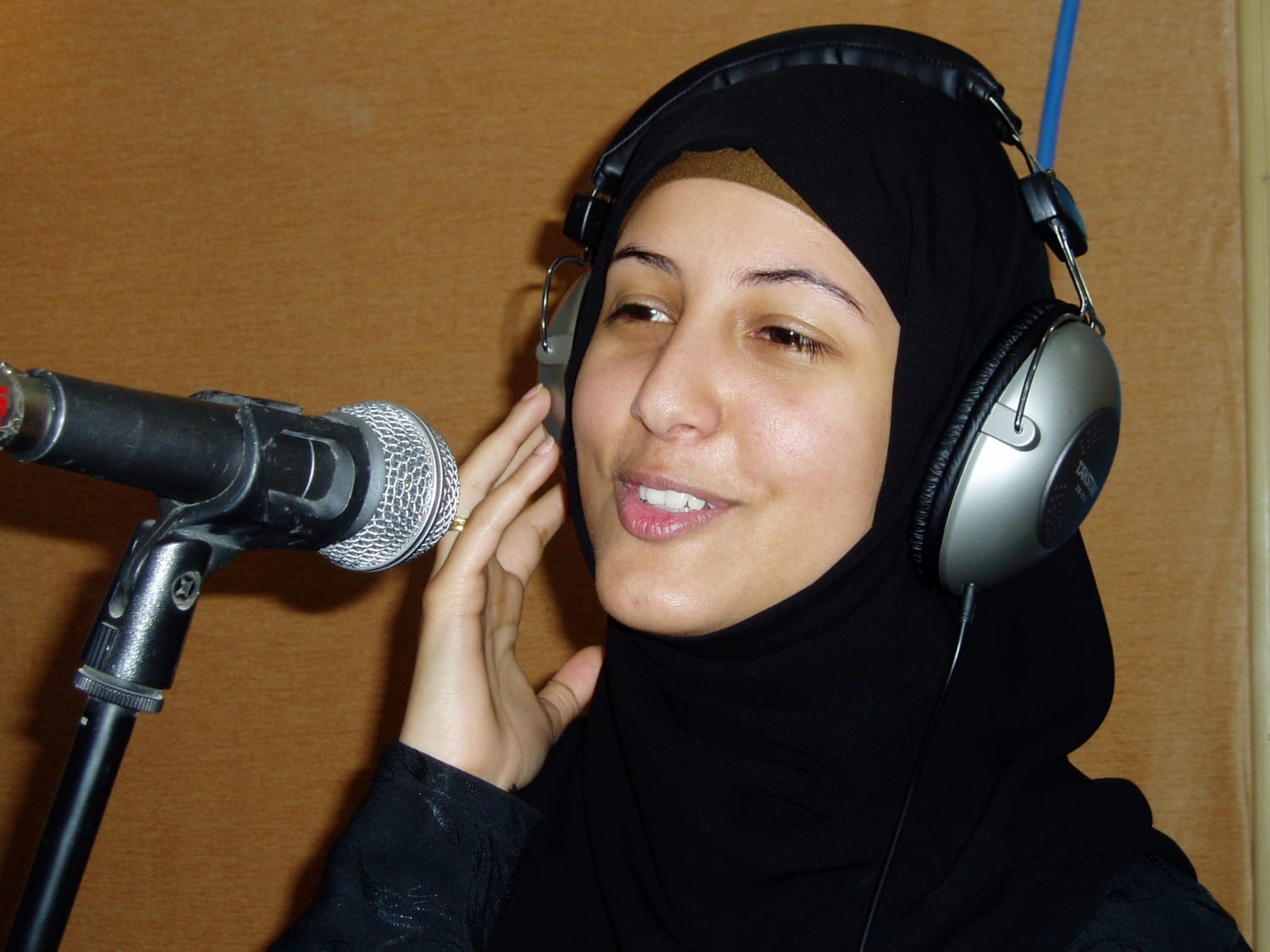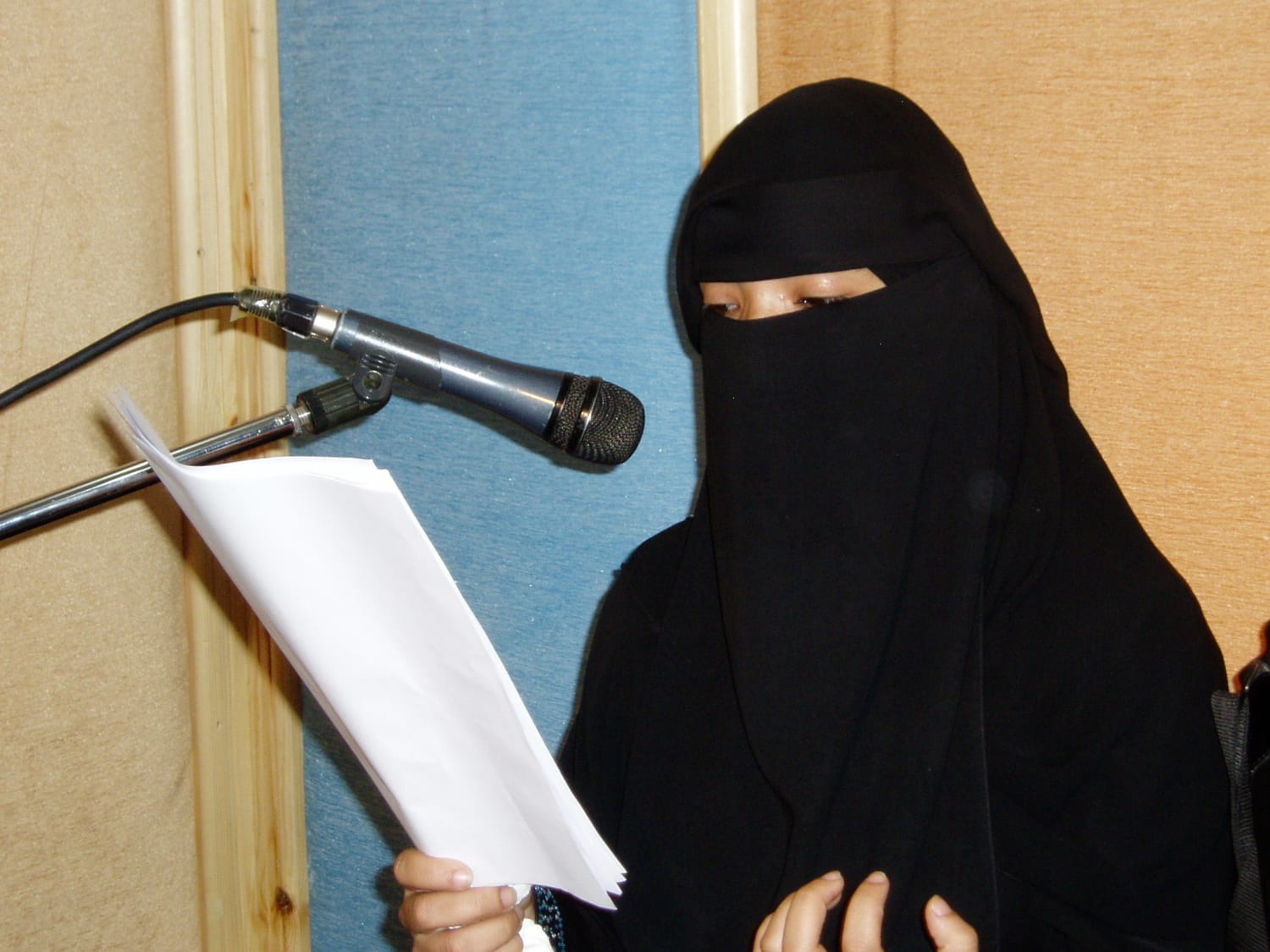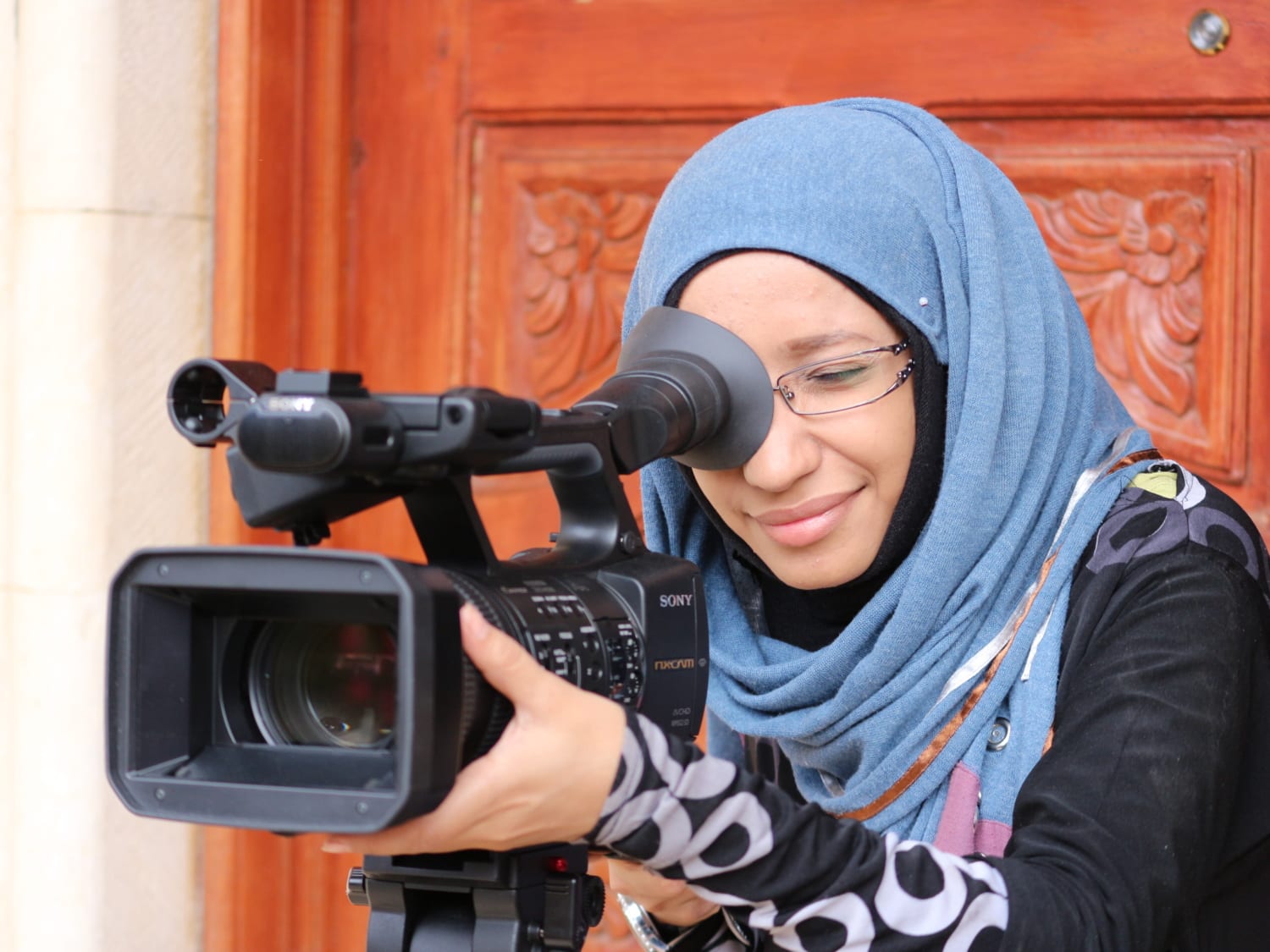

Yemeni youth RIGHTS initiative
During the political transition in Yemen, EAI used films, theater competitions, and other engagement strategies to inform Yemeni youth about their rights. Equipped with this knowledge, young people became more involved in helping their communities.
A Project of —
Past Countries, Yemen

I want my daughters to study from the beginning to the end. I regret that I was not able to study from the beginning. God willing, they will achieve what I didn’t manage to achieve myself.“
– Mona, Daughter of Alhabil (Changemaker film)
During the political transition in Yemen, Equal Access International empowered youth through storytelling. From 2013-2015, with the production of radio programs, theater shows, and mini-documentaries, EAI encouraged youth to become more involved in their transitioning communities. Through youth councils, workshops, and listening groups, with support from the U.S. Department of State, Office of the Middle East Partnership Initiative (MEPI), the RIGHTS Initiative defined human rights in a modern context and encouraged young people to speak up.


Through a youth-produced radio series, a cadre of trained youth leaders, listening discussion groups, active youth councils, theater performances, and community roundtable discussions, the RIGHTS Initiative helped Yemen to become a more participatory society.
This initiative, supported by the U.S. Department of State, Office of the Middle East Partnership Initiative (MEPI), empowered Yemeni youth to defend their rights and promote transparency and accountability. By supporting a generation of young people committed to the rule of law and government accountability, EAI hoped to help young reformers affect the lives of future generations.
The RIGHTS Initiative included the following areas of activities:
Production and Broadcast of Legal Rights and Rule of Law Radio Programs: A special series of radio episodes focused on legal rights and rule of law education has been created for our existing youth radio series “Let’s Be the Best Together.” Topics include educating youth about legal rights, inspirational examples of civic participation, respect for the rights of others, and the role of individuals and government officials in upholding and defending those rights.
Leadership Training for Youth Leaders: Youth leaders from six governorates were trained to organize community roundtables, facilitate listening discussion groups, and lead local collective actions. These youth are also learning about how one can become a governorate or national level youth leader.
Youth Listening and Discussion Groups (LDG): LDGs were formed in six governorates across Yemen. Led by trained facilitators, these groups provided an opportunity for youth to gather with their peers and discuss the radio programs and related topics such as legal rights, the rule of law, and civic engagement. Discussing how these issues impact their daily lives, these groups will also identify local actions they can take to make positive changes within their communities.
Theater Performances: The youth participating in listening and discussion group meetings also created theater performances. These young Yemenis wrote, directed, and starred in short plays about legal rights and good citizenship for a national theater competition. By sharing and educating others, youth gain experience and respect while solidifying their knowledge of legal rights.
Community Roundtables: Trained youth leaders designed and organized roundtable forums within their own communities. These events included a panel discussion and debate, bringing together community leaders, religious leaders, and active youth groups to discuss important topics identified by the participants, such as legal rights and accountability.
Youth Councils: Yemeni youth from six governorates were selected to represent their governorates and share their experiences, challenges, and successes with one another. These representatives gathered as a national council to identify critical issues affecting youth across the country and create advocacy plans to address the most key challenge across all six governorates.
The Changemakers documenta ry: To assist Yemeni youth in realizing their rights during Yemen’s political transition, EAI worked with youth leaders to produce four Changemaker s documentary films . T he documentaries are designed to provide inspiring and compelling examples of Yemeni youth taking the initiative to create positive change in their society. The Changemakers documenta ry serie s was broadcast nationally. Changemakers is a part of the RIGHTS-II project, implemented by EAI and funded by the U.S. Department of State’s Middle East Partnership Initiative (MEPI). RIGHTS-II addressed key areas addressed during Yemen’s National Dialogue Conference (NDC) and political transition, with a particular focus on youth-related elements. The NDC’s priority issues included the Southern and Sa’ada issues, the constitution, transitional justice, national reconciliation, rights and freedoms, good governance, development, and social, environmental, and security issues. RIGHTS-II activities targeted six governorates (Sana’a, Aden, Taiz, Lahj, Hodeida, and Hadramout) over 18 months, finishing in January 2015.
Impact & Reach of this Project
73.7%
listening group members increased their knowledge regarding Yemen’s transitional process and NDC after listening to the radio program episodes
83.2%
believed that the episodes were related to youth needs
20,000
WhatsApp users shared the project original PSA videos
IMPACT:
Young people who listened to EAI’s radio broadcasts became more involved in their communities through facilitating listening groups and acting in theater productions to further spread knowledge of human rights. Public service announcement spots were widely distributed through EAI’s YouTube channel and the project Facebook page, which at the time of the project had 7,103 likes.
My mother said the blood of the martyrs who lost their lives in the square is not only the responsibility of the murderers, but responsibility lies on the leaders of the square as well, because they are the ones who pushed them to the square. If we do not continue now, we will be responsible for their lives in front of Allah. Those words motivated me to go back to the square.” Safwan Assan
Peace Activist (Changemaker film)